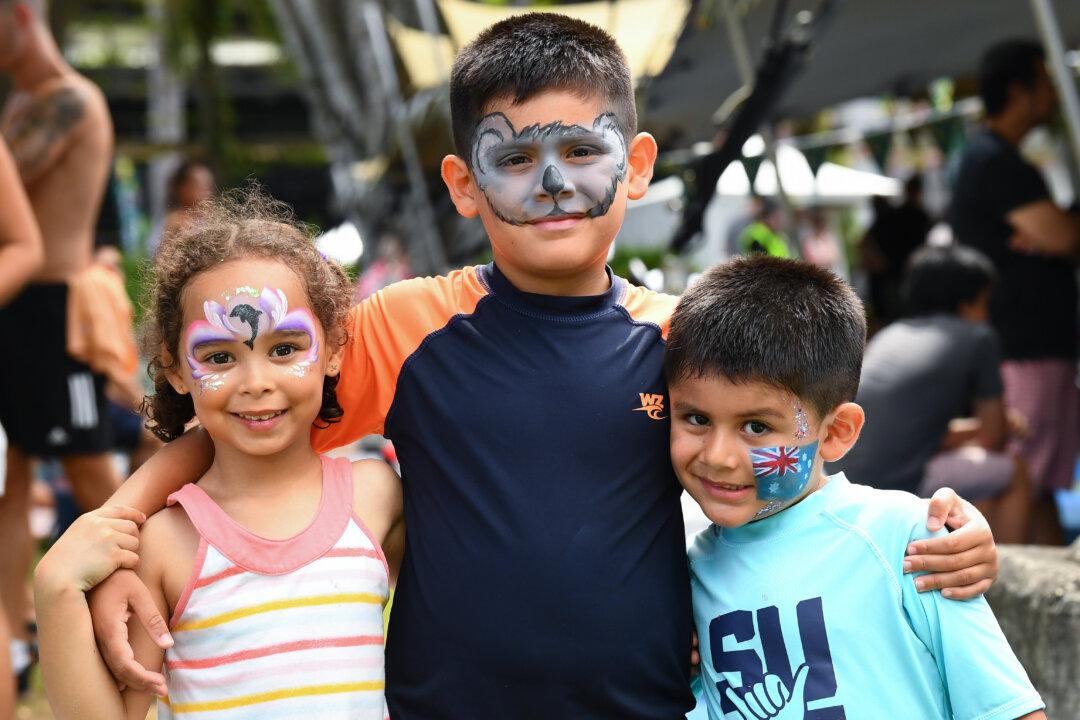Commentary
Now that most of the musket smoke has been blown away after the Australia Day (or “Invasion Day”) celebrations, it’s time to take stock and survey the battlefield.

Now that most of the musket smoke has been blown away after the Australia Day (or “Invasion Day”) celebrations, it’s time to take stock and survey the battlefield.